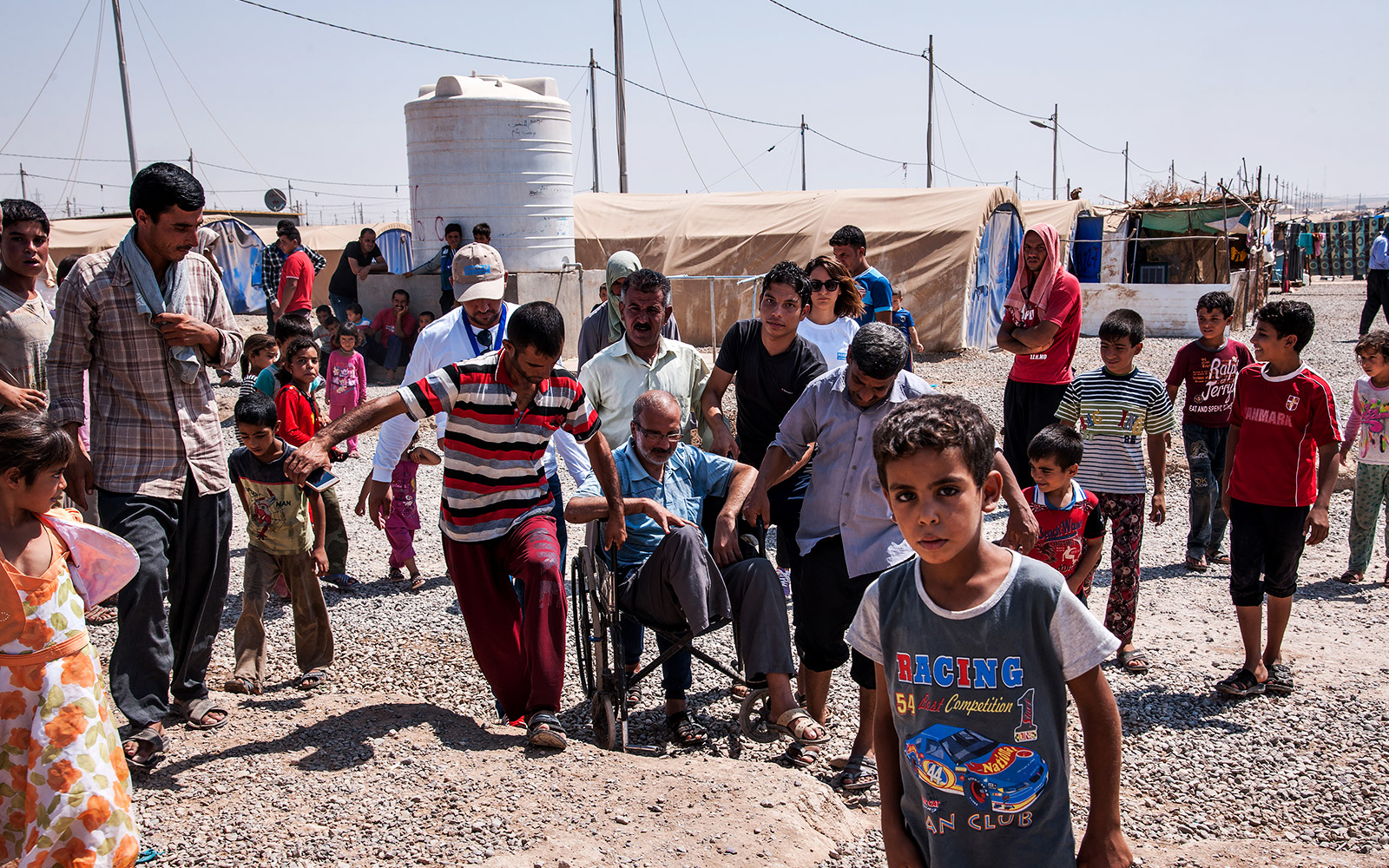Inclusive Humanitarian Action
Upholding the rights of people with disabilities has been placed front and centre of HI’s work since its creation. The organisation ensures that disability issues are taken into account in public development policy and that people with disabilities are involved in decision-making. HI promotes these issues amongst the humanitarian community and supports actors in ensuring their projects are inclusive.




Why does HI work on inclusive humanitarian action ?
In crisis settings people with disabilities face an increased risk of death, injury, abuse and deprivation due to pre-existing and crisis-related barriers, discrimination and stigmatisation. Inclusive humanitarian action can reduce these risks by ensuring that children, women, and men with diverse disabilities have meaningful access to protection and assistance and are included in decision-making.
Despite the best efforts of the humanitarian community, the voices of people with disabilities and the experience of HI and its partners in the field demonstrate that international humanitarian law and international human rights have so far provided insufficient protection against violations of the rights of persons with disabilities in crisis situations (Janet Lord, Michael Stein 2011, IASC Task, Desk Review 2018, OHCHR 2015). Article 11 of the CRPD was designed to reinforce the specific obligations of states and other actors to ensure equal protection for persons with disabilities in crisis situations.
What does HI do?
HI promotes and implements age, gender and disability inclusive humanitarian policies and programmes by reducing risk and discrimination on the basis of disability (as well as age, gender or other factors of inequality and its intersections).
As well as taking responsibility for direct implementation, HI shares its extensive experience of including persons with disabilities in humanitarian action through capacity building and collaboration with organizations representing people with disabilities and actors working on disability mainstreaming. HI also conducts applied research, develops tools for collecting disability disaggregated data, and influences the policies of governmental, non-governmental and multilateral humanitarian actors.
The transformation process began with the adoption of the UNCRPD and continued with the World Humanitarian Summit Charter on Inclusion of Persons with Disabilities in Humanitarian Action. HI co-led the development of the charter and is supporting humanitarian donors to establish their own standards and guidelines on inclusion (e.g. DFID, ECHO). HI has collaborated with other stakeholders to develop Humanitarian Inclusion Standards for older people and persons with disabilities. HI is also a co-chair of the Inter-Agency Standing Committee (IASC) Task Team responsible for developing the IASC Guidelines on the Inclusion of Persons with Disabilities in Humanitarian Action.
HI also supports efforts to ensure inclusion is strengthened in humanitarian policies and operational frameworks such as the revised SPHERE Handbook; the Protection Mainstreaming Toolkit; and Child Protection Minimum Standards.
HI intervenes at regional, national and local level to ensure the mainstreaming of disability inclusion within humanitarian planning and coordination mechanisms. HI implements inclusive humanitarian action as part of its overall approach to respond to the needs, and build the resilience of crisis-affected populations, including refugees and internally displaced persons, in sudden-onset and protracted humanitarian crises in diverse contexts such as: South Sudan, Yemen, Kenya, Rwanda, Bangladesh, Myanmar, Thailand, Syria, Niger, Uganda, Iraq, Jordan, Lebanon, Central African Republic and Ethiopia.
- HI delivers emergency preparedness, and humanitarian programming which is inclusive of persons with disabilities in line with its organizational commitments and policies. This encompasses all sectors, such as emergency health services; water, sanitation and hygiene services; shelter, food security and livelihood; and protection against violence and discrimination.
- HI collects and shares evidence relating to vulnerability and discrimination encountered by persons with disabilities and explores approaches to building resilience through applied research, and by collecting and analysing accurate data on children, women and men with diverse disabilities.
- HI analyses organizational structures, humanitarian strategies, data systems, programs and services to identify gaps and entry points to catalyse the change process.
- HI provides capacity building and technical advice to humanitarian actors and people with disabilities at global, regional and national level to design and deliver humanitarian aid and policies inclusive of children, women and men with diverse disabilities.
- HI empowers organizations and local structures representing people with disabilities to meaningfully participate in the humanitarian response.
In order to provide technical advice, HI relies on an informal professional network of disability and inclusion experts in different sectors working towards inclusiveness across the humanitarian sectors and the programming cycle within disaster risk reduction and emergency preparedness and response, livelihoods & resilience, WASH, shelter and infrastructure, CCCM, GBV and Child Protection, Protection, emergency education and accessibility across sectors and disability inclusive data systems.
Interventions are implemented by HI and our partners’ teams working at country, regional and national levels in various set-ups, as part of HI teams or embedded in other humanitarian organizations or structures (secondment, consultancy, HI technical advisory team).
Our interventions are aligned with International Humanitarian Law and the UNCRPD, as well as HI’s strategy and policies, including the Gender, Age and Disability policy.






